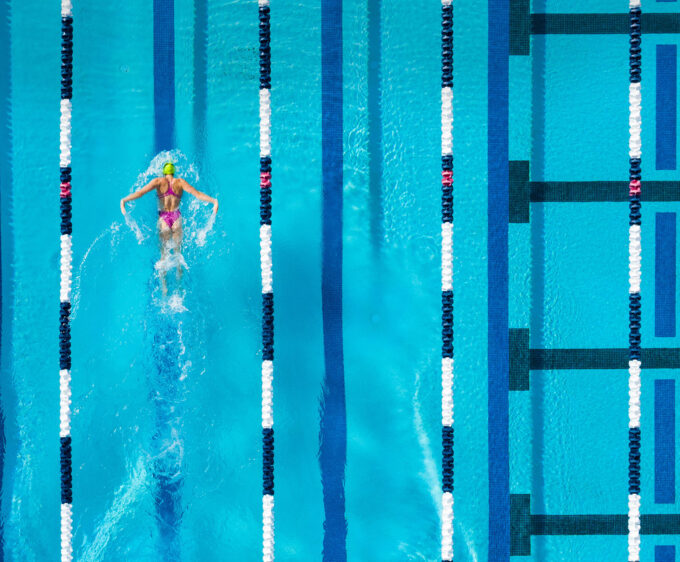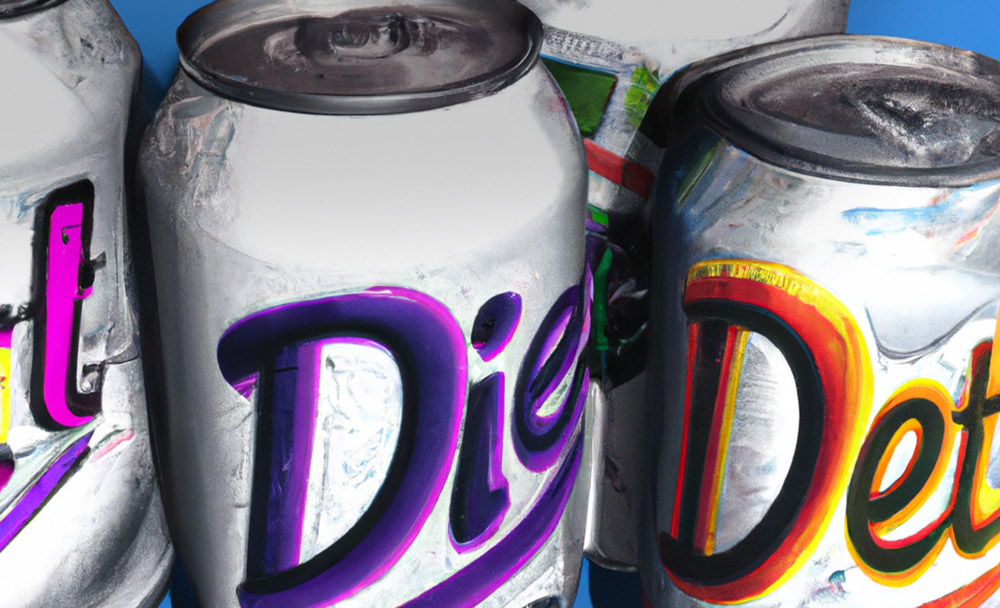
Do We Need A Detox From Detox Culture?
Is 'detoxing' just diet culture re-packaged in wellness wrapping paper? We explore the resurgence of diet culture and the dangerous consequences it can have
By Katie Baskerville
Diet culture is making a brazen comeback amidst Y2K low-rise jeans. Is our new obsession with detoxing and clean eating really new? And did diet culture ever really go away? Or, is the ‘trend’ of thinness guised as wellness, in the immortalised words of Shirley Bassey; all just a little bit of history repeating?
To understand detoxing’s impact, we must first take ourselves back twenty years or so. The year is 2000, the world has narrowly escaped total devastation (read: completely overreacted) to the millennium bug, Oops!… I Did it Again by Britney Spears tops the charts and heroin chic is in.
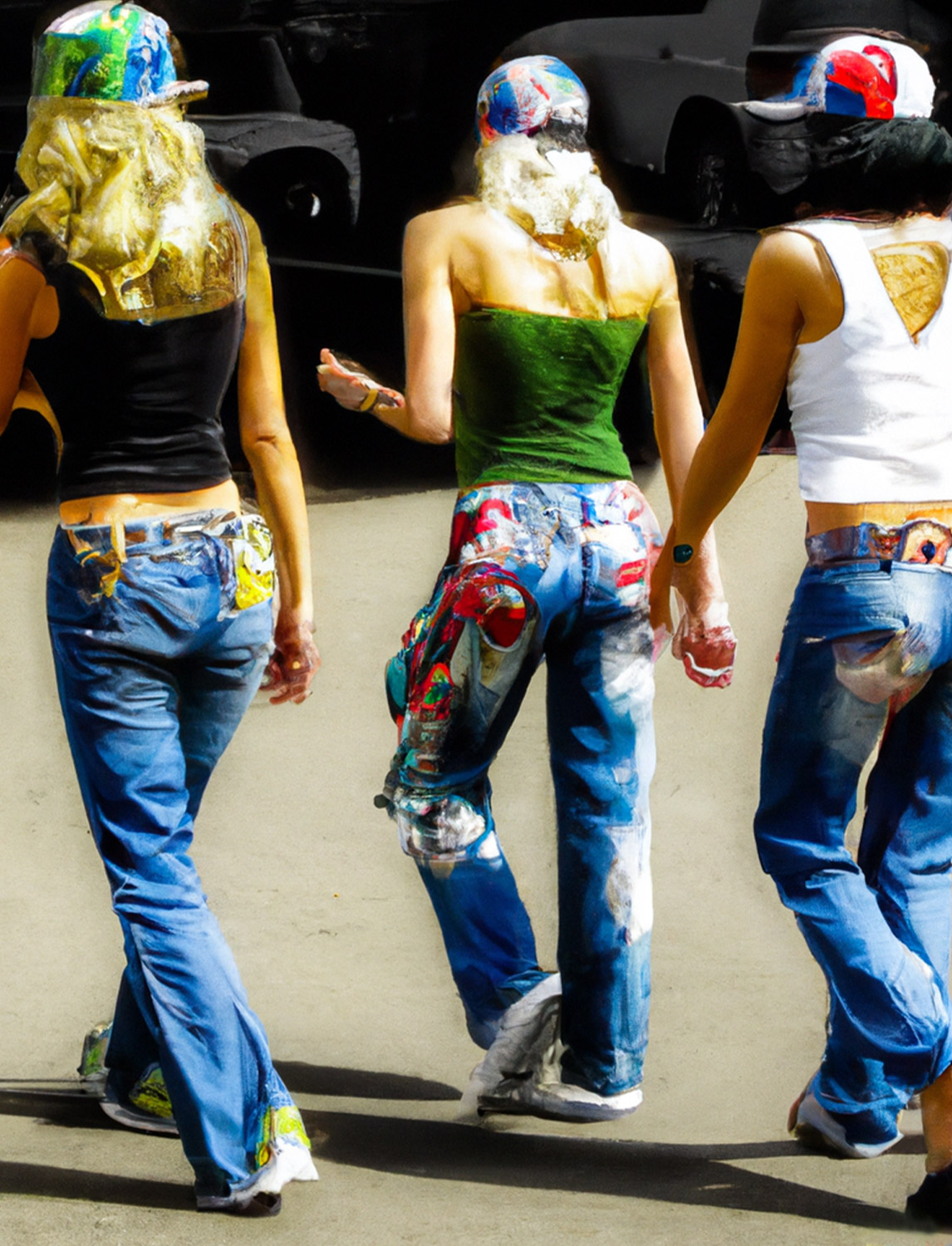
Spreading The Message
Women’s magazines weigh in on everybody’s body, and the normalisation of thinness reaches its peak when Kate Moss tells Women’s Wear Daily in 2009 that; “nothing tastes as good as skinny feels.” Soon, this message becomes the mantra of not just Kate, but of entire online communities dedicated to weight loss.
Websites like Tumblr and MySpace perpetuated user generated-content that promoted thinness, known as ‘thinspiration’ or ‘thinspo’. Pro-ana and pro-mia (pro-anorexia and bulimia) profiles flooded our social media and the accessibility to forums and communities dedicated to losing weight sucked in anyone who crossed their path. There was no online modulation and community management in the way we see it today. It was a free-for-all. A wild west of protruding hip and collar bones and rib cages. There was no getting away from it, somehow you just had to survive it.
Looking back on this time, it’s alarming to see how much the desire to be thin permeated the world around us. Pop culture had an eating disorder, and so did everyone else. At school, my three girlfriends and I would share one hot meal between us in the cafeteria. In later years, I would spend lunch money on fags and smoke my way through hunger with a Diet Coke in hand.
Then, one fateful September as we returned for the academic year, a friend who’d been absent all summer long turned up at the front gates looking like skin and bone. I remember how shocked I was. I had never seen anyone so small and frail in real life, only on my computer screen. Seeing her in the flesh, with little to none of her own was chilling. We all had issues surrounding food, but this was the first time (though sadly not the last) that I saw first-hand how dangerous it was to equate thinness with beauty. Hot tears ran down my face as I begged and pleaded with her to eat something, all the while avoiding food myself; the irony now is not lost on me.

Growing up during this time meant watching many of my friends and family members fall victim to diet culture and disordered eating. Weight Watchers and counting SYNS on Slimming World in branded food diaries were the norm in many a family kitchen, as was reduced-fat cheese, red-top milk and one-calorie oil spray. Not to mention, sneaking off for ‘bad foods’ like Indian or Chinese takeaways behind our parents’ backs. Often, it was our mothers who would pinch and poke at our midriffs uttering concerns about type 2 diabetes and obesity when we were barely a UK size 12.
As reality TV boomed on MTV with the likes of Laguna Beach and The Hills, affluence and attractiveness became more and more aspirational, and increasingly associated with thinness. The Simple Life, which featured Paris Hilton and Nichole Richie, sparked a frenzied tabloid narrative around Nicole’s body. A leaked party invite in 2007, apparently sent in jest by Nicole, shows just how toxic the language was when it came to weight and worth. The invite stated that “no girls over 100lbs” would be allowed entry.
While child stars and starlets imploded in the US under the scrutiny of the tabloid press, the effects rippled across the globe, even in my tiny corner of North Wales.
We would huddle to watch shows like this, and others like America’s Next Top Model, where fat-shaming scenes came thick and fast.
So, when the now deeply troubling scene with contestant Robin came to light, (watch it here with caution), all we could do was lap it up and agree. There wasn’t a voice of reason telling us that we should be anything other than worried about our weight, or that fatness was bad. So, like sponges left to soak up stagnant dishwater, we cultivated a diet-culture rot.
Keeping The Balance
Perhaps we thought that we’d managed to cut it out in the early 2010s with the co-opting and mainstreaming of the fat liberation movement (which began in 1969) and body positivity (emerging on Instagram in 2012), originally created as a radical act of politicised self-love by the fat and Black community. And yet, even though more diverse body types made their way into modern marketing campaigns, on fashion runways and even sometimes in the tabloids as a result, diet culture is rearing its head again – this time in the form of detoxing.
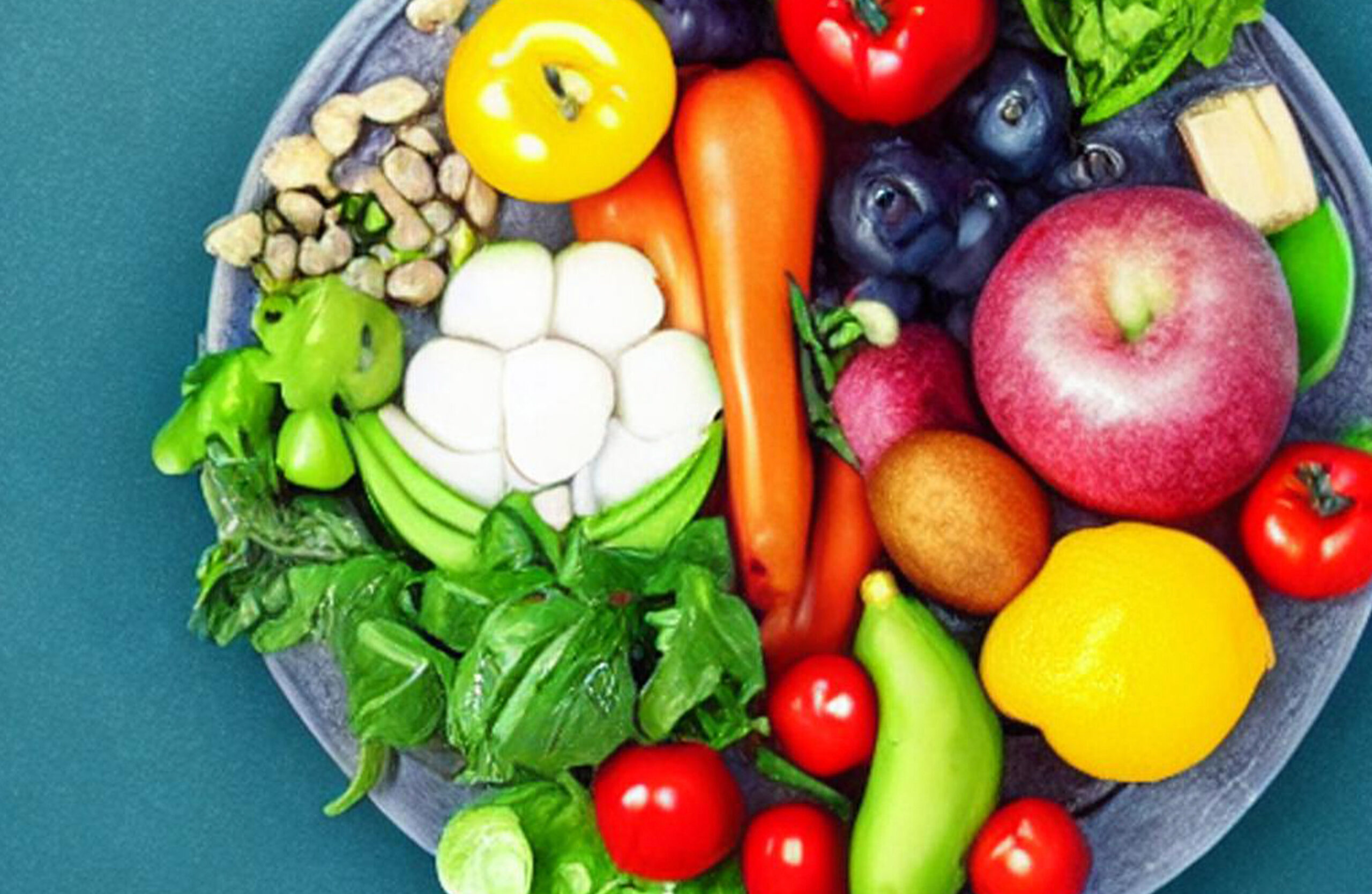
DETOXING
Detoxing has been around for thousands of years. It describes eating healthier and drinking less alcohol to reduce fat and body toxins and to feel better about one’s self. It all sounds harmless enough, a healthy switch to keep the body going as it should.
The problem arises when innocuous things, like healthy eating, are accompanied by not-so-healthy behaviours, such as extreme fasting, cutting out entire food groups or developing a disordered mentality around food that affect physical and psychological well-being.
“Detoxes and cleanses often promote the idea that without these diets we will be unable to eliminate the toxins that we are exposed to in daily life, leaving us in poor health,” Marcelle Rose, BANT registered nutritionist and health coach, tells me.
More recently, Gwyneth Paltrow, owner of controversial wellness brand Goop, came under fire following an interview with Dr Will Cole on his podcast, The Art of Being Well. After Gwyneth discussed her daily diet and lengthy fasts in the name of detoxing, many news outlets were quick to express concern, likening her daily food intake to disordered eating.
You may have uttered the words “I need to detox” to friends on acrid breath, after a string of boozy nights or as part of a resolution to be more healthy. But, detoxing is something that the body does by design. Your liver (aka the largest organ in your body) and then kidneys work through the waste in your body, not skinny teas, or Kardashian-backed appetite-suppressant lollipops.
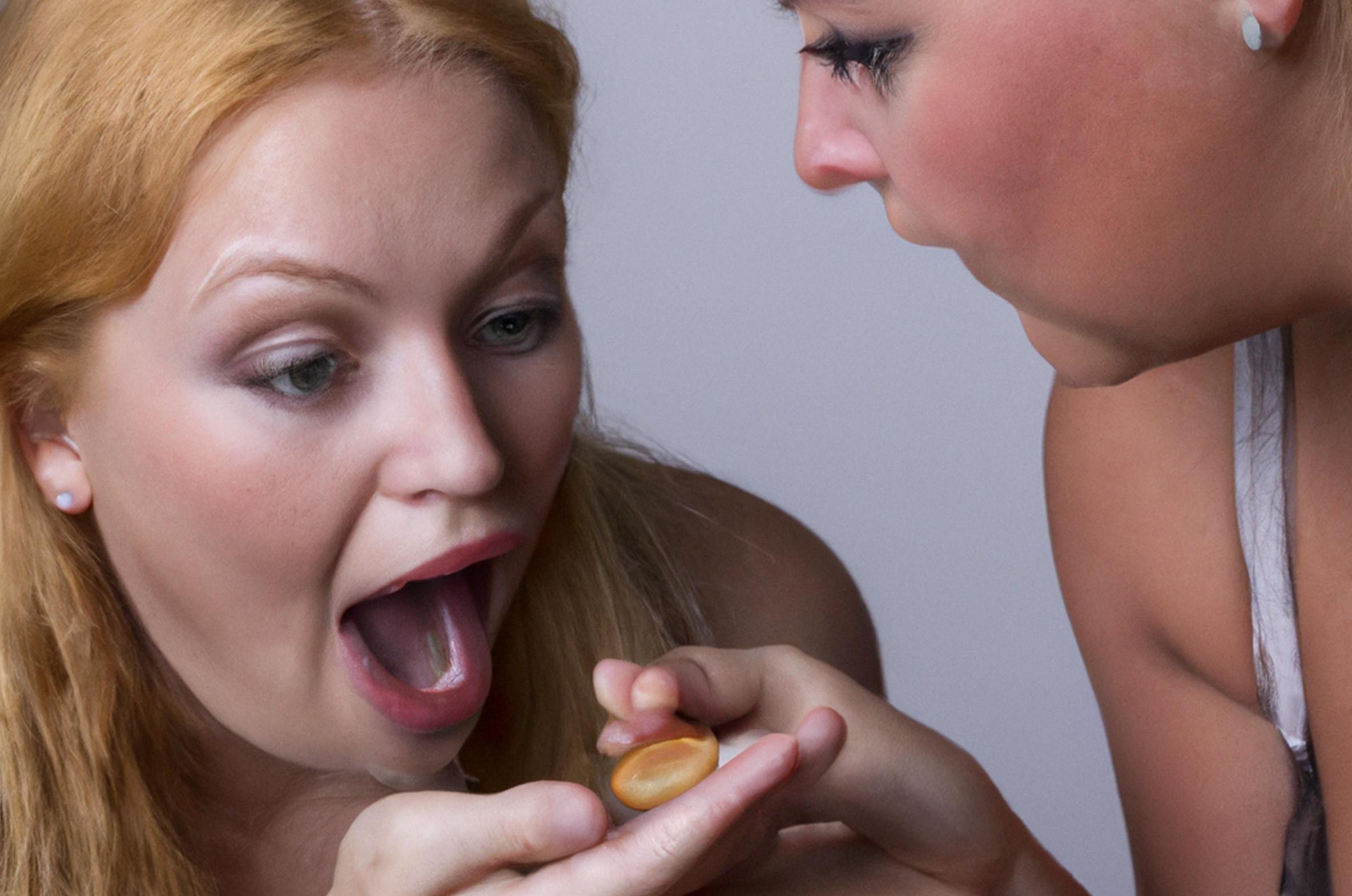
Nutrients Are Key
“The best way to support your body to detoxify effectively is to eat a diverse and balanced diet, rich in a wide range of nutrient-dense foods, rather than using damaging and unsustainable diets that can end up causing more harm to your health,” says Marcelle.
However, it’s important to note that there is no way to reverse liver damage by detoxing. And, according to WebMD, liver detoxes harm you more than they help you.
“We are constantly bombarded with conflicting information about whether foods are healthy or not, creating confusion and anxiety over what to eat,” Marcelle explains, “But it also promotes the demonisation of certain foods or food groups, moving us away from a balanced diet and towards ‘all or nothing’ thinking and behaviours around food.”
She continues to explain how diet culture misinformation often leads to nutrient deficiencies, health problems and a deep fear of many foods. “Many of the clients I see come to me for help having removed so many foods from their diet that they barely have anything left that they are willing to eat,” she tells me.
While the 2000s were rife with toxic diet culture, actual diet culture didn’t start, or even peak during this time. Looking back to earlier decades and fad diets like the Atkins Diet of the 70s, 80s and 90s, the Cabbage Soup Diet (as delicious as it sounds) and the Grapefruit Diet all perpetuated the same message: eat less, weigh less.
As more and more people absorb the messaging of decades-long misinformation on what a healthy body is, how it looks and how it is fuelled, the path forward is riddled with diet-culture-shaped obstacles. The hard truth is that we have been setting people, mainly women, up for disaster.
BALANCE DIET

It is easier for a child of a mother with an eating disorder to develop disordered eating habits. This means that from generation to generation, unhealthy habits and behaviours surrounding food form. And, if you’ve watched the early seasons of The Real Housewives of Beverly Hills, you might have seen this in action.
The now infamous scene of Yolanda Hadid speaking with her daughter Gigi in 2012 advised her to “eat a couple of almonds and chew them well” when she complained of weakness due to hunger. Yolanda has since spoken out about the moment to People, likening it to something “silly” and “not representational of their lives”.
The revival of this scene recently gave rise to the term ‘Almond Mom’ on TikTok, that describes a caregiver with an obsession with healthy eating to a damaging effect. Another way to describe this is orthorexia (though the term is not clinically recognised – yet).
Online, you will find hundreds of videos parodying Almond Moms. Some recite scripts that feel all too familiar, saying things like: “I think we’ve had enough bread for today, put it back.” And, “Oh we have to get celery, we’re making juice tonight. Definitely not the conventional stuff, that is poison.”
Gen-Z is not here for Gwyneth’s diet, or Almond Moms, for that matter. Which in some ways provides hope for future generations. However, over the past five years, hospitals have seen an 84% increase in hospital admissions caused by eating disorders. We’re not out of the woods yet.
Eating disorders in and of themselves cause us to be secretive and deceptive. Using terminology like, ‘clean eating’, or ‘detoxing’ can be a way to mask a troubling relationship with food. “Detoxes are used by some as a ‘socially acceptable’ way to restrict their food, often adopted by people with an unhappy relationship with food and their body,” explains Marcelle. “They can be seen as seductive by those who are vulnerable and desperate to lose weight as a quick fix but will often result in a cycle of bingeing and restriction.”
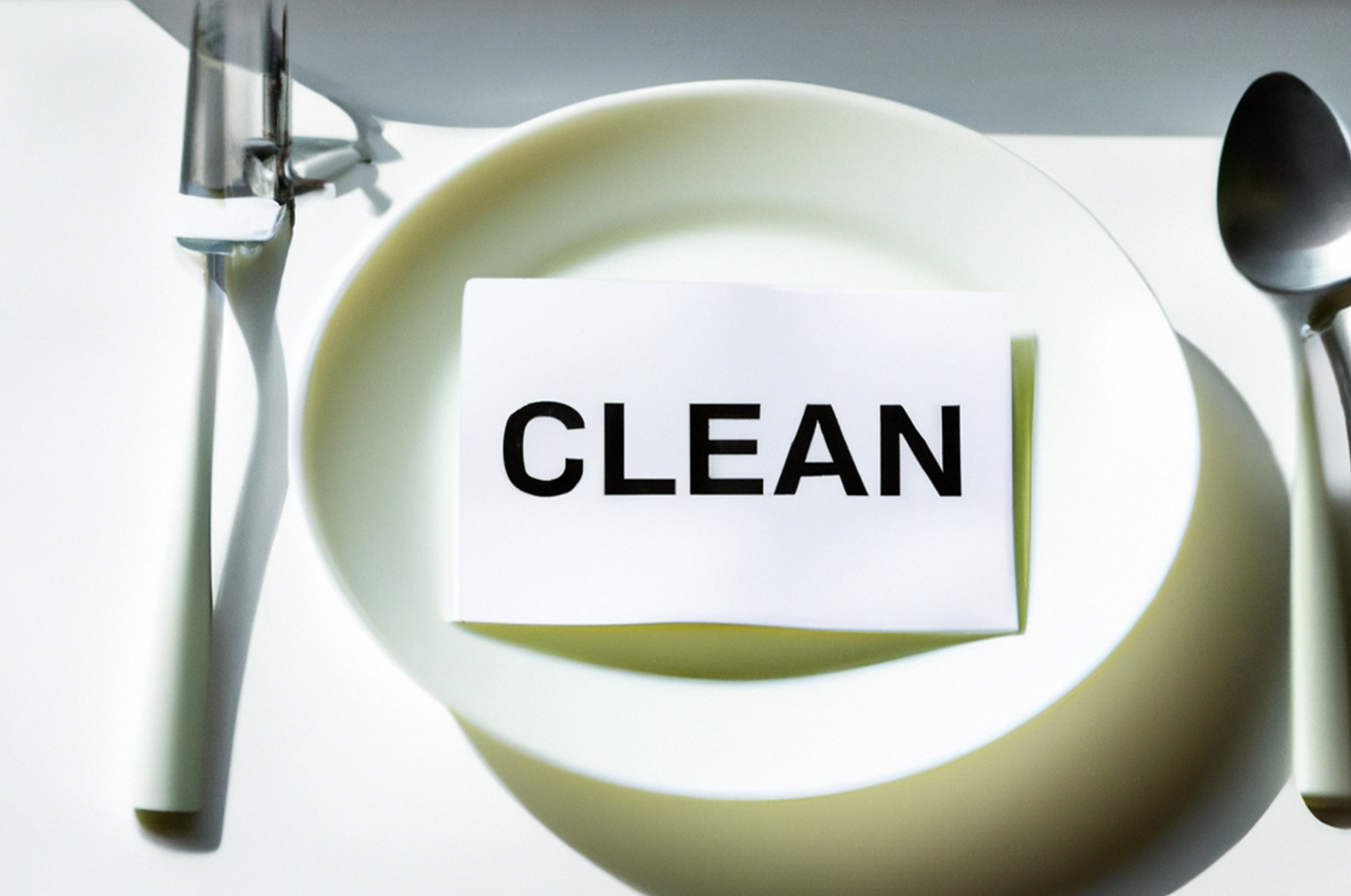
However it is important to remember that not every person on a healthy eating diet plan has an eating disorder. But, obsessing about clean eating or healthy foods and feeling immense guilt at the thought of chowing down on a pizza can signal that the balance is off.
So the next time you find yourself getting googly-eyed over compelling marketing messaging that promises you the world, remember that your body is adept at detoxing. A healthy diet is one filled with variety, from fibrous greens and lean protein and, yes, even pizza.
If you are concerned about any of the behaviours spoken about in this article, you can find helpful information on coping with disordered eating and clinical eating disorder support by visiting the BEAT website, or by visiting your GP.
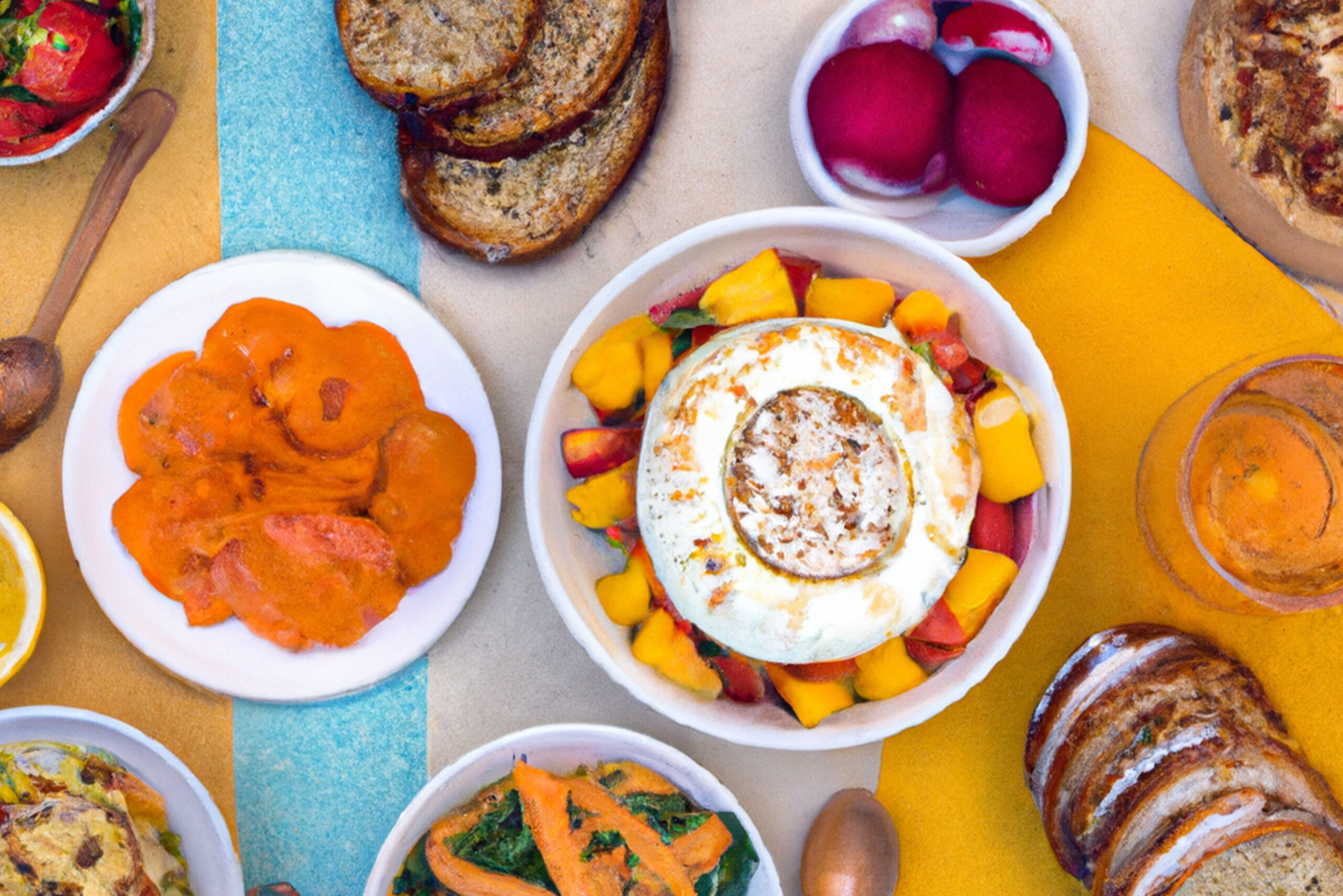
Imagery generated by DALLE-2, Open AI
Editorial Design by this is root




